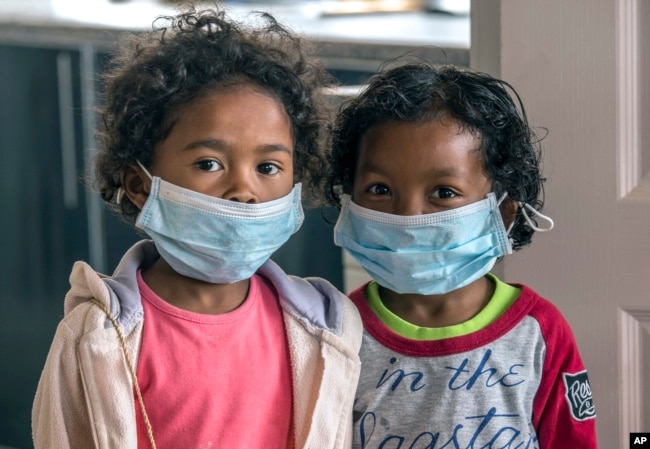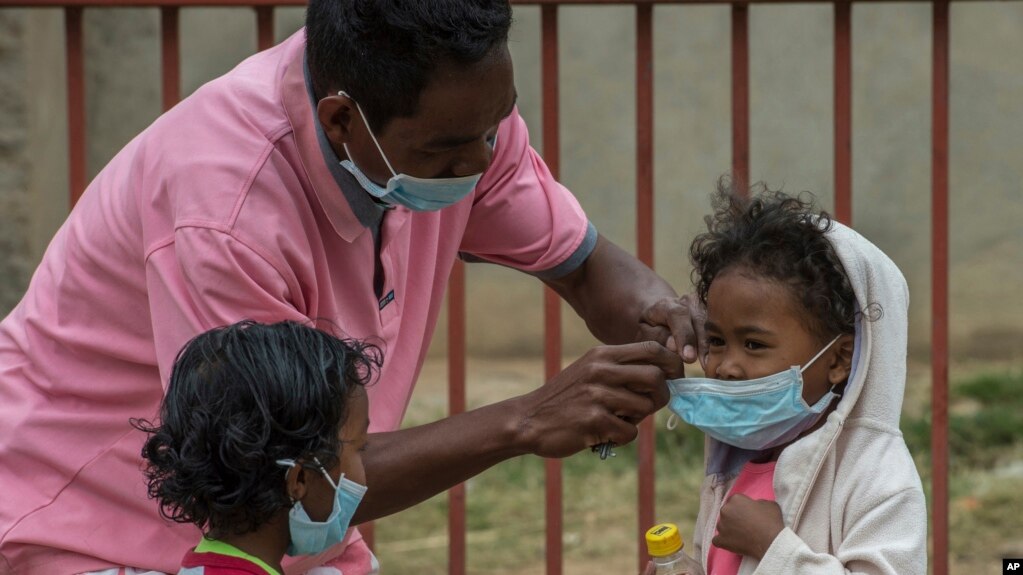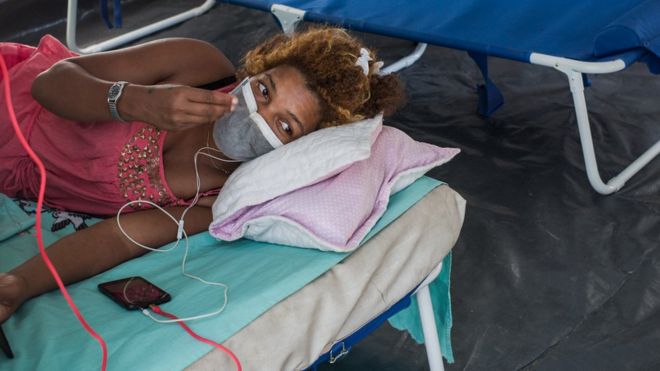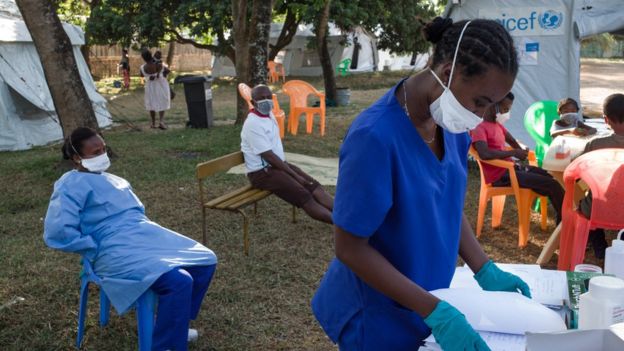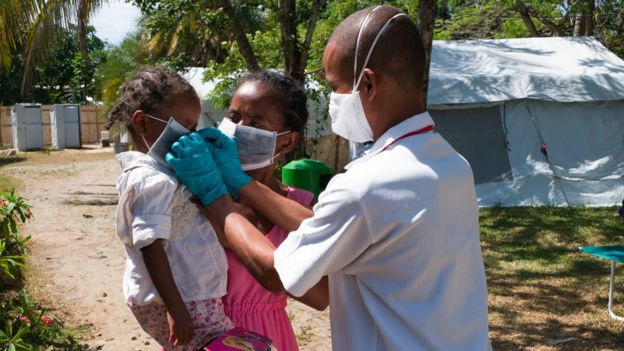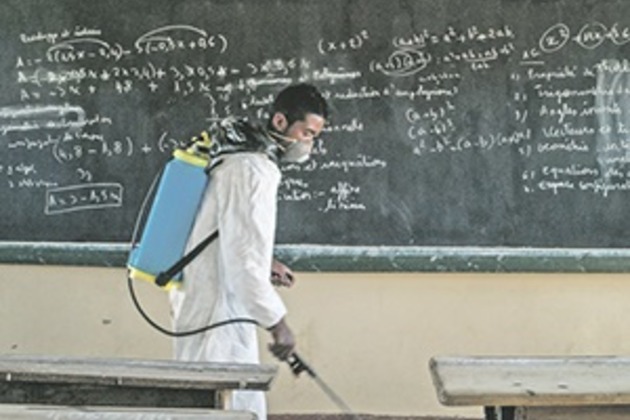Disir
Platinum Member
- Sep 30, 2011
- 28,003
- 9,607
- 910
An unusually deadly seasonal outbreak of plague has gripped the island nation of Madagascar. As of Friday, 258 have been sickened and 36 have died just since August, according to Madagascar’s Ministry of Public Health.
To try to stifle the spread, the government has forbidden public gatherings, including sporting events, and schools have closed for insecticide treatments that kill plague-spreading fleas. People have swarmed pharmacies, desperately seeking face masks and any antibiotics they can get. The World Health Organization on Friday announced that it has released $1.5 million in emergency funds and delivered nearly 1.2 million antibiotic doses to help combat the outbreak.
....But this year is different. The disease is spreading not just in rural, agricultural areas; it’s also spreading in cities. As of September 30, the disease had taken hold in 10 cities across the island, including the capital, Antananarivo.
“WHO is concerned that plague could spread further because it is already present in several cities and this is the start of the epidemic season, which usually runs from September to April,” Dr. Charlotte Ndiaye, WHO representative in Madagascar, said in a recent statement.
Twice the fear
It’s also spreading in two different ways—by fleas and by people—which some have dubbed a "double plague." Usually, plague infections arise as bubonic plague, spread by flea bites. In this case—the Black Death scenario—Y. pestis moves from the site of a flea bite on a human to the lymphatic system, taking up residence and inflaming a lymph node. This causes a painful swelling called a bubo, where the infection gets its name. If it’s left untreated, the infection can spread to the blood, causing septicaemic plague, or the lungs, causing pneumonic plague.
Madagascar in panic amid raging “double plague” outbreak; dozens dead
That's horrific.
To try to stifle the spread, the government has forbidden public gatherings, including sporting events, and schools have closed for insecticide treatments that kill plague-spreading fleas. People have swarmed pharmacies, desperately seeking face masks and any antibiotics they can get. The World Health Organization on Friday announced that it has released $1.5 million in emergency funds and delivered nearly 1.2 million antibiotic doses to help combat the outbreak.
....But this year is different. The disease is spreading not just in rural, agricultural areas; it’s also spreading in cities. As of September 30, the disease had taken hold in 10 cities across the island, including the capital, Antananarivo.
“WHO is concerned that plague could spread further because it is already present in several cities and this is the start of the epidemic season, which usually runs from September to April,” Dr. Charlotte Ndiaye, WHO representative in Madagascar, said in a recent statement.
Twice the fear
It’s also spreading in two different ways—by fleas and by people—which some have dubbed a "double plague." Usually, plague infections arise as bubonic plague, spread by flea bites. In this case—the Black Death scenario—Y. pestis moves from the site of a flea bite on a human to the lymphatic system, taking up residence and inflaming a lymph node. This causes a painful swelling called a bubo, where the infection gets its name. If it’s left untreated, the infection can spread to the blood, causing septicaemic plague, or the lungs, causing pneumonic plague.
Madagascar in panic amid raging “double plague” outbreak; dozens dead
That's horrific.



